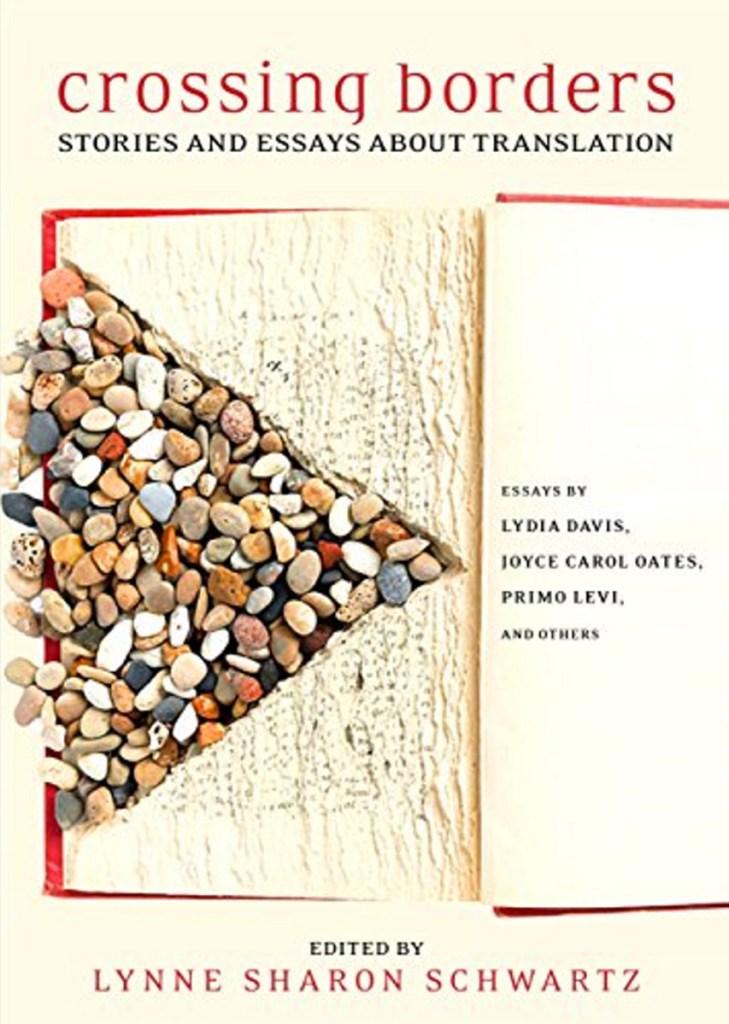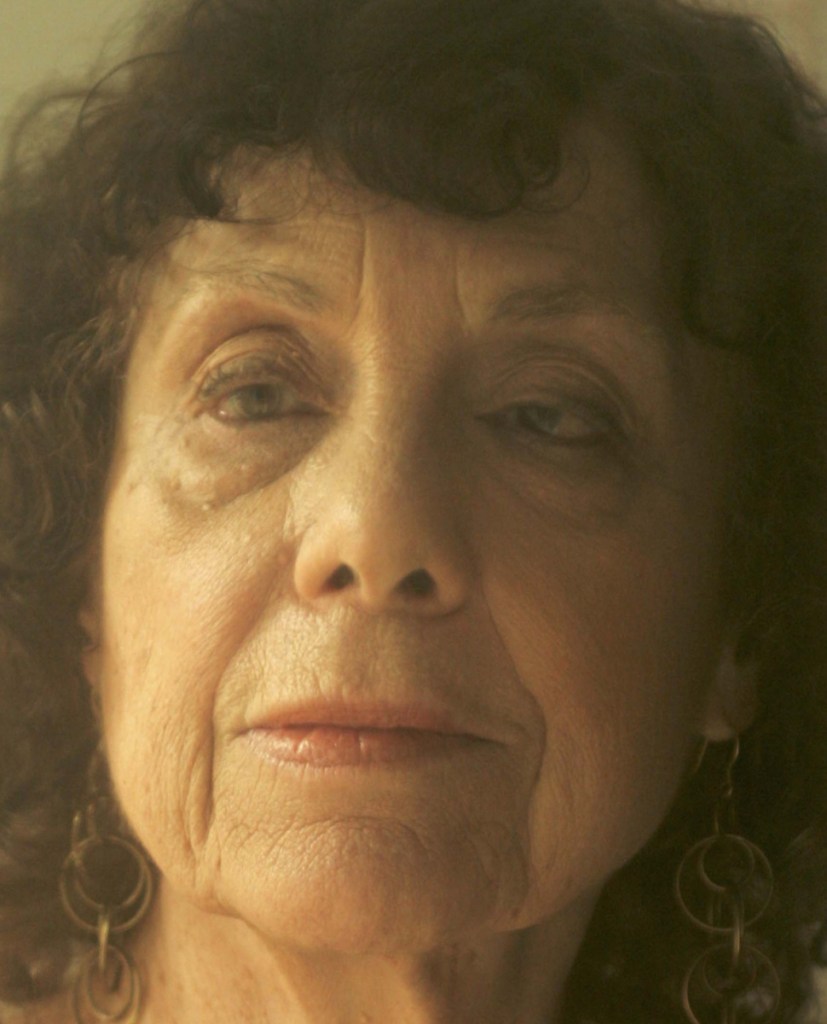If you’ve never given much thought to the topic of translation, it may be because it’s embedded in our daily life. Many of the iconic texts we read, including the King James Bible and Homer’s “Odyssey,” have come to us from abroad, their original language converted to English. In modern times, we’ve grown accustomed to a linguistic mashup of foreign and homegrown. Imported terms such as faux pas, verboten and ciao have become part of the American lexicon. If modern life is a babel of diverse and competing tongues, it is the job of translators to make sense of it all. “Crossing Borders: Stories and Essays About Translation” provides a telling overview of this thorny, provocative subject. Edited by Lynne Sharon Schwartz, an acclaimed author and translator who teaches at Bennington College in Vermont, this rich, intriguing collection offers 18 pieces that survey the landscape.
On the face of it, one might assume that the ideal translation of a document would be literal and exact. Yet, as this book amply demonstrates, translation is a balancing act between languages – to say nothing of authors and their agendas. Isaac Bashevis Singer, for example, sought translators who would soften the ethnic edges of his work, in hopes of reaching a broader American readership. In this sense, translation doubled as a form of assimilation – a sanitized version of the author’s books. Vladimir Nabokov, by contrast, wanted nothing of the sort. He viewed creativity in a translator as an abuse, warning those who took liberties with his Russian text.
Translation in matters of love is a topic ripe with challenges. Variations on this theme appear throughout the book. In “The Translation,” by Joyce Carol Oates, a nascent love affair relies on the ease and charm of a translator, a literal go-between, who suddenly gets called away. His oafish replacement signals the demise of the romance, and raises questions about both love and its conduits.
In another story, “The Difficulty of Translation,” by Lucy Ferriss, an American woman falls for a European interpreter who speaks several languages fluently. “When she broke off with him,” Ferriss writes, “she told her friends that she could be with someone who thought in another language, but not with someone who thought in no language at all.”
In her essay, “In Love with Russian,” Laura Esther Wolfson reflects on the growing fracture within her own cross-cultural marriage. Wolfson is an American working as a Russian translator, who credits her Russian husband for the depth of her fluency. Yet as their marriage unravels, she questions the core differences in their language and culture.
Dislocation is a recurrent theme in the book, as stories venture into war zones, prisons, a fraught family reunion. As in the real world, translators risk their lives in some of these stories.
Significantly, the book considers the joys and quandaries of the translator’s art from both sides of the fence. “Being translated,” says Primo Levi, “is a semi-passive state similar to that of the patient under the surgeon’s knife or being on the psychiatrist’s couch, rich in violent and contrasting emotions.”
In her essay, “Crossing the Border,” which inspired the book’s title, Chana Bloch speaks of translation as a form of apprenticeship to language itself. “When you translate,” she writes, “you are constantly choosing among alternatives in order to convey meaning, register, image, mood, music; each time you choose, you are exercising muscles that you need in shaping your own work.”
Similarly, editor Lynne Sharon Schwartz was “enchanted by the inner process, the peculiar cohabitation that takes place within the translator,” she says. “…. (Translating) offered the most pleasurable parts of writing without the burden – or nuisance – of invention.”
Perhaps the major takeaway from this book is the extent to which language – and thus, translation – is inseparable from identity. These short stories and essays portray people’s struggles in the face of cultural disparity. There’s a world of otherness and intimacy in this book, of grappling with fundamental questions. There are few answers here, but an abundance of profound, searching, often lyrical, perspectives.
Joan Silverman writes op-eds, essays and book reviews. Her work has appeared in The Christian Science Monitor, Chicago Tribune and Dallas Morning News.
Send questions/comments to the editors.




Success. Please wait for the page to reload. If the page does not reload within 5 seconds, please refresh the page.
Enter your email and password to access comments.
Hi, to comment on stories you must . This profile is in addition to your subscription and website login.
Already have a commenting profile? .
Invalid username/password.
Please check your email to confirm and complete your registration.
Only subscribers are eligible to post comments. Please subscribe or login first for digital access. Here’s why.
Use the form below to reset your password. When you've submitted your account email, we will send an email with a reset code.